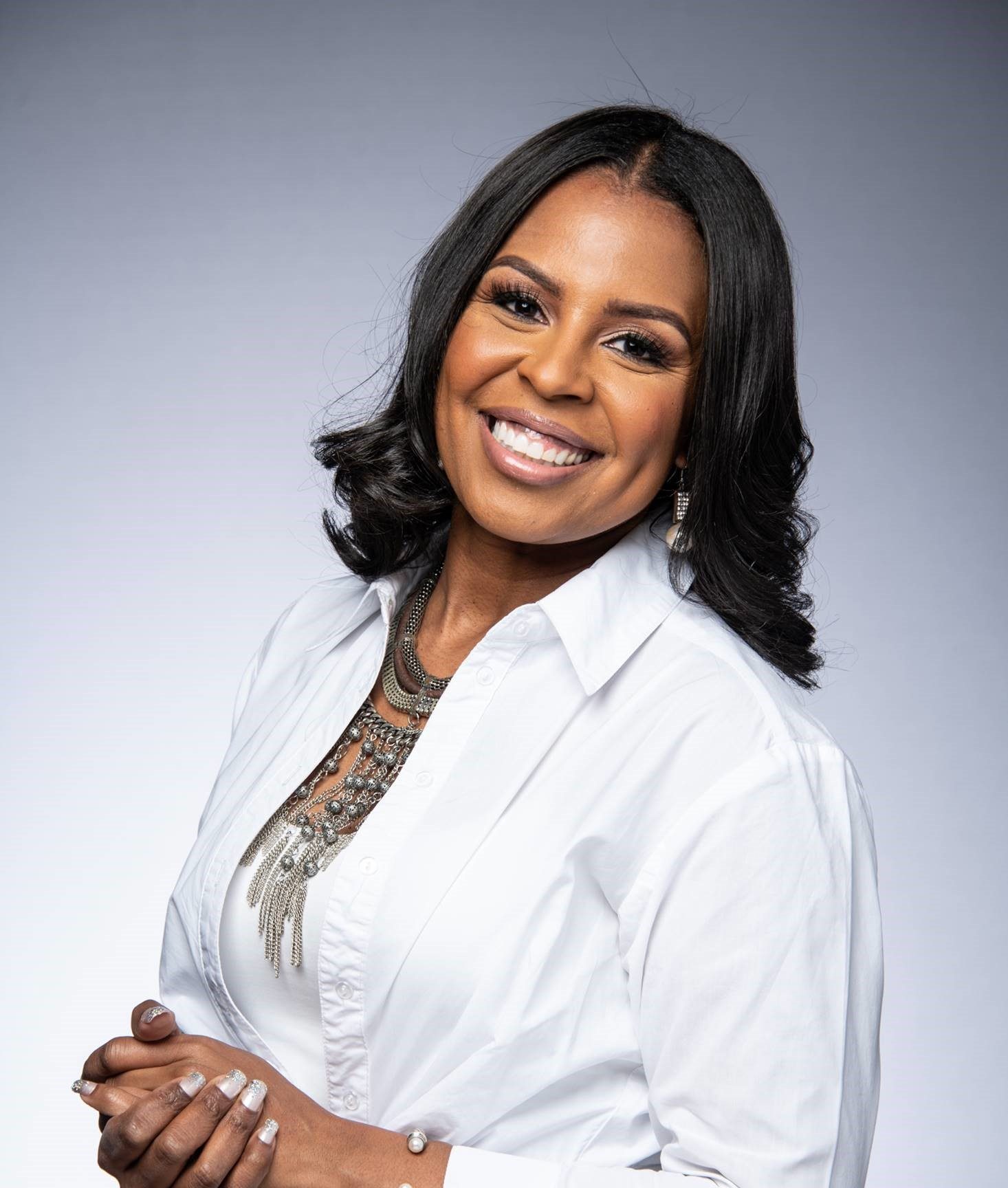
Getting people downtown again for shopping, dining, and events. Helping businesses reopen and rehire. Keeping commercial office and retail space filled.
Those are just a few of the challenges facing the Downtown Partnership of Baltimore (DPOB) as the business district tries to bounce back from the pandemic lockdown. But the economic development agency’s board thinks it has just the woman for the job: An electrical engineer.
Well, okay, Shelonda Stokes, just named president after serving in an interim leadership role, is no longer a practicing electrical engineer, but it was her major at Morgan State University. And she thinks that skill set can help DPOB dial up the voltage on the downtown area.
Named by the organization’s board of directors as its fourth president, Stokes replaces Kirby Fowler, who left to become president and CEO of the Maryland Zoo in Baltimore this past April. Stokes, a long-serving member of the Partnership’s board, became its chair last fall and was asked to serve as interim president when the COVID-19 pandemic shut the nation down in March. Prior to accepting that appointment, she was president and CEO of greiBO Media, a marketing and production studio based in Downtown Baltimore.
As interim president of an organization deemed “essential” during the shutdown by Mayor Bernard C. “Jack” Young, Stokes worked to outfit the Partnership’s operations teams with PPE and the proper safety protocols so they could return to providing public safety, litter removal, homeless outreach, and park maintenance services. She oversaw creation of the #CurbsideBaltimore gift-card program that has provided local restaurants and retailers with an infusion of cash, launched the #ArtofBaltimore public art initiative, and has taken over Heart of the Park, a service began by Harbor Park Garage and Pierpoint Restaurant that provides 250 free meals daily.
But what about that electrical engineering degree?
“I grew up extremely poor,” says the 48-year-old Baltimore native and mother of two. “I was the first in my family to go to college. And I went into that major at Morgan to make sure I’d be in a field where there’d be no question about employment. And, in fact, after I graduated, I got seven job offers. But, actually, the essence of many technical fields is about problem-solving. And I apply those technical skills on a daily basis.”
The Partnership is really two organizations. One focuses on marketing the downtown area, which is supported by revenue from events and membership dues from downtown businesses. The other is the Downtown Management Authority, which oversees improvements to public spaces in the 106-city-block area and is funded by a surcharge on the taxes of commercial properties downtown.
But because of business closures caused by the pandemic, the funding for the prior operation is facing real strains.
“So we have to figure out how we can offer more with less,” she says. “And that’s something we’re definitely focused on as a priority.”
Another priority is getting the word out that Charm City is open for business.
“Many people have learned to work from home, they’re saving gas, and they don’t have to dress up in the morning—that’s a reality,” Stokes says. “So we have to give them a reason to leave that and come back downtown and spend money.”
And how long will that take? The Owings Mills resident—who’s about to move to a new home downtown—says it’s hard to project.
“We’re still in Stage One. And the city has to find a balance between people’s health and the economy. It’s going to be a while, but we’ll see incremental progress.”
So how does it feel to lose the “interim” part of her title?
“It’s pretty funny,” Stokes says. “It’s like being a substitute teacher at work.”
